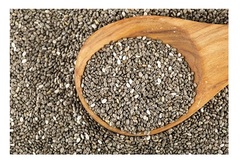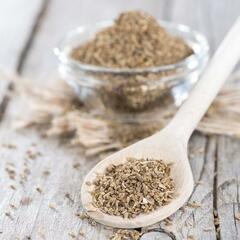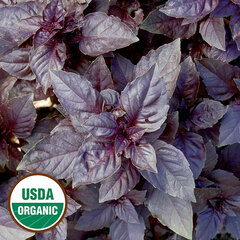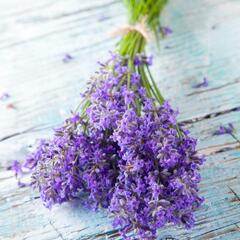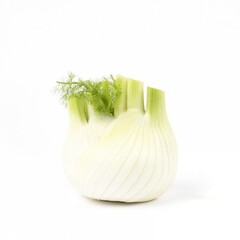← Back to Herb Seeds
-
Description
An important commercial spice crop in India where the pungent, aromatic seeds are in great demand in curries, pickles, confectionery and beverages. Used medicinally for sore throat,bronchitis and cough. Potent antifungal against pathogenic fungi. Grows like cumin or dill, Start in peat or paper pots in April; do not disturb roots when transplanting. Grows 24-36" tall.
Ajowan is the Hindu name for the small, pungent seed of an herb that tastes similar to thyme, and belongs to the cumin and parsley family. Ajowan is used in Ayurvedic herbalism (a form of alternative medicine in use primarily in the Indian subcontinent) and considered to have warming effects for cold conditions that debilitate, and the boiled seeds were used to cleanse the eyes and cure deafness. An old belief was that Ajowan seeds soaked in lemon juice and dried 7 times before ingested cured impotence; however, there are no scientific studies to support those claims. This herb contains thymol which has antibacterial, anti-fungal, and preservative properties.
Ajowan also known as: Carom, Ajown, Ajwan, Bishop's Weed, Seeds of Bishop's Weed, and Omum. It is a small erect shrub an has soft, fine feathery leaves. The seeds of the herb are the most important part for they have the medicinal value. Seeds are gray colored, irregular in size, have a characteristic odor and have a hot lingering taste. Ajowan looks like wild parsley, (just like or similar to celery, caraway and cumin seeds) and is native to India. It is grown throughout the Indian country, also in Pakistan, Afghanistan, Iran and Egypt. The striped seeds are used as the spice. Raw Ajowan smells almost exactly like thyme. It contains thymol ( an aromatic odor and antiseptic property found especially in thyme oil ), but is more aromatic and less subtle in taste, as well as a bit bitter and pungent. Even a very small amount of raw Ajowan will take over the flavor of a dish. Ajowan grows on all kinds of soil but does well on a soil consisting of easily crumbled or pulverized mixture of clay, silt and sand. It also does well as a dry crop or as one with irrigation. The plant flowers in about two months and the fruits become ready for harvesting when the flower heads turn brown. They are pulled out, dried on mats and the fruits are separated by rubbing with the hands or feet.
-
Details
To edit this section, go to your admin > Design > Site Pages > Newsletter Modal Blurb
Sign up to get:
- Exclusive sales codes
- Awesome blog articles
- Upcoming event notices
- and more!
Skip footer


